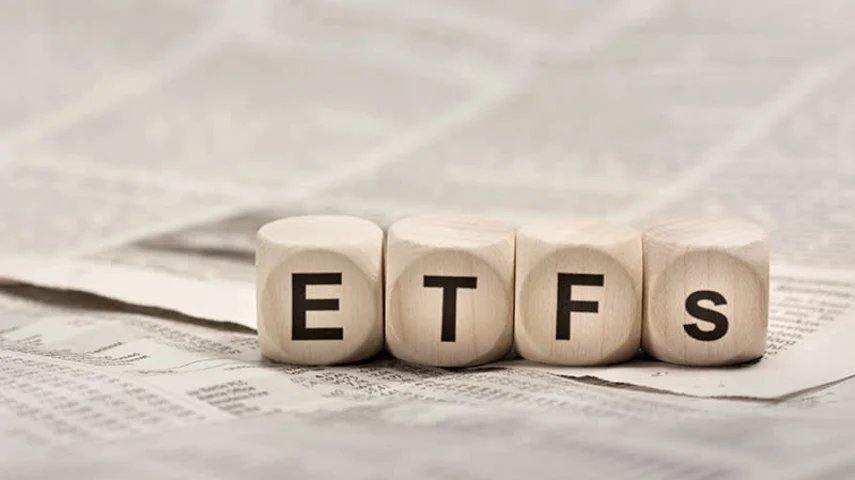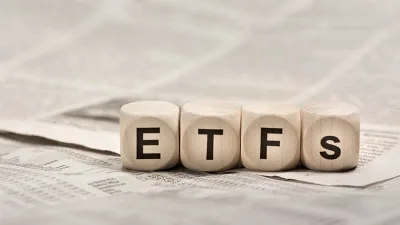Active ETF innovations strain technology providers



The growth of active ETFs is placing strain on technology providers, according to Calastone, as vehicles become more complex.
Active ETFs have a fund manager or team who makes decisions about the investment portfolio rather than passively tracking an index. While the ETF may still reference an index, the investment manager might deviate from this in order to achieve a higher return.
These types of products have been growing in popularity as a way to address market volatility and risk adjustment compared to index ETFs, as well as portfolio diversification or to target a specific sector theme.
Recent active ETF launches in Australia have come from fund managers like Magellan, Fidelity and Franklin Templeton, while Morningstar stated that there were 510 active ETF launches globally last year, up 44 per cent from 352 in 2023.
According to iShares, global active ETFs are expected to surge to US$4 trillion ($6.3 trillion) by 2030 which would be a fourfold increase from $900 billion in 2024.
However, as products become more complex, this is placing extra demand on the ETF infrastructure to provide greater transparency, daily trading and advanced technology tools via machine learning, blockchain or process automation.
The most common areas for improvement cited by asset servicers were named as workflow management, order management and settlement.
Calastone product director, David McGuinness, said: “The operational demands of active ETFs can place strain on the infrastructure of service providers, particularly as new entrants and product launches expand the scope of servicing requirements. As these products become more bespoke, supporting their unique workflows will challenge the ecosystem to deliver seamless efficiency.”
Justin Christopher, managing director and head of Asia, added: “Concerns about the future of the industry revolve around the increasing scale and sophistication of the ETF market – and the ability of technology to keep up.
“The primary market in Asia is poised for transformation. Players in the region are more open about the need for improvement, but are also largely more optimistic for the future – and with the right technology, they should be.”
Recommendations for Australia, based on experiences in the US and Europe, are for Australian players to automate order-taking processes and contract note processing, greater speed and visibility to effectively manage transactions, and standardised processes across the value chain.
Recommended for you
LGT Wealth Management is maintaining a neutral stance on US equities going into 2026 as it is worried whether the hype around AI euphoria will continue.
Tyndall Asset Management is to close down the Tyndall brand and launch a newly-branded affiliate following a “material change” to its client base.
First Sentier has launched its second active ETF, offering advisers an ETF version of its Ex-20 Australian Share strategy.
BlackRock has revealed that its iShares bitcoin ETF suite has now become the firm’s most profitable product line following the launch of its Australian bitcoin ETF last month.












